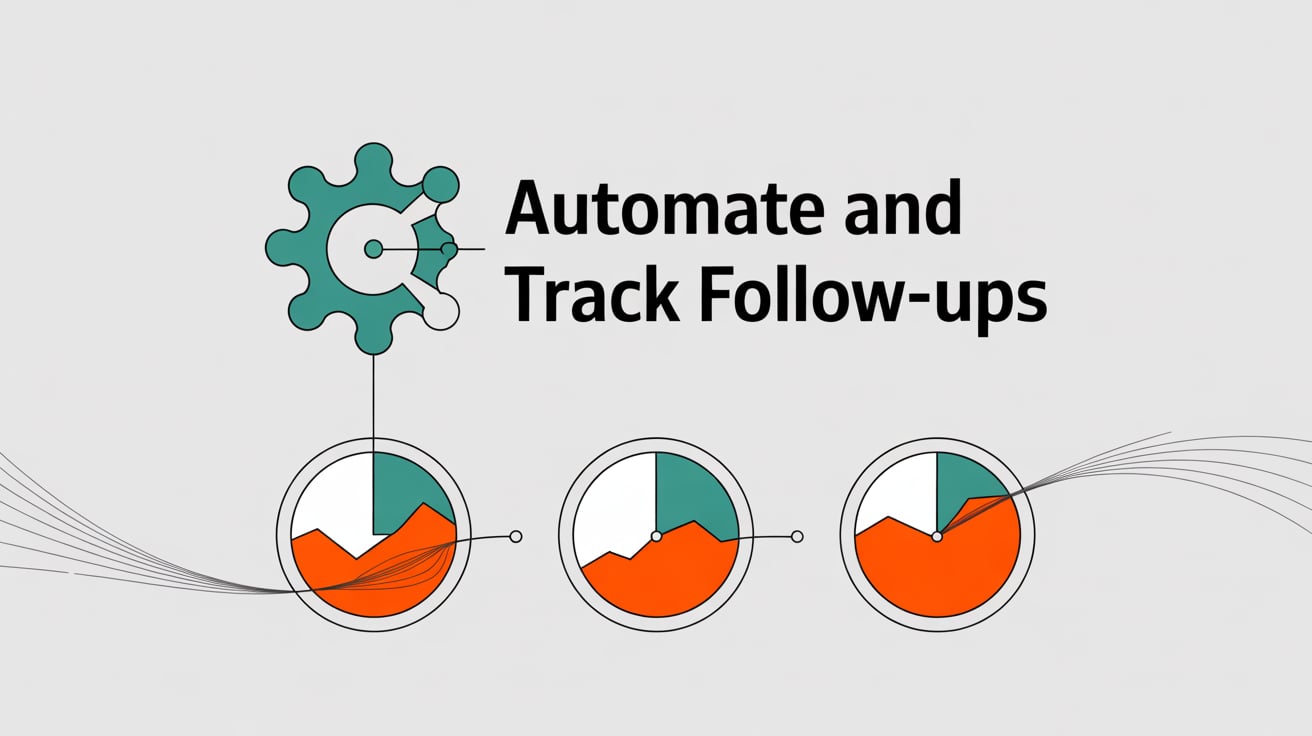Finding motivated sellers who don’t list their properties separates average investors from great ones. Off-market deals bring less competition, better pricing, and more substantial margins. But these kinds of opportunities don’t sit on the MLS with big red arrows pointing at them. You have to go dig them up—and that takes more than luck.
It takes a sharp strategy, consistent outreach, and tools that give you an edge. The best investors don’t wait for listings to hit the market.
They find sellers before anyone else knows they’re ready to move. That means reaching the people who aren’t raising their hands, but who still want out of a property they no longer wish to manage. You’ve seen the signs: vacant homes with overgrown grass, mail piling up, tax liens, or landlords sick of dealing with tenants. These owners often sit under the radar. But when you know how to find them and start the proper conversation, they can turn into some of your best deals.
That’s where targeted contact strategies come in. When you can uncover the correct name, number, or address—fast—you jump the line and start honest conversations while others chase dead ends.
Use Verified Data Sources
Let’s be clear—data quality makes or breaks your outreach. If you’re calling the wrong number or emailing a dead address, you’re wasting time. That’s why verified data sources matter.
Cheap tools may look good on paper, but when they give you outdated or incorrect contact info, they cost you deals. Skip tracing gives you access to up-to-date phone numbers, emails, and mailing addresses pulled from reputable databases. With one click, you can locate property owners and obtain their contact information, allowing you to reach out with confidence.
Say you’re driving for dollars and spot a run-down duplex in a high-demand neighborhood. You plug the address into DealMachine, run a skip trace, and within seconds, you’ve got a phone number and email for the absentee owner. Now you can make contact before anyone else even notices the opportunity.
Stack Your Data for Smarter Outreach

One contact point isn’t enough. Smart investors combine multiple data sources to sharpen their outreach. Think of it like stacking a poker hand—the more complete your information, the better your odds of closing. Use property records, social media insights, and ownership histories together.
Layer in mortgage data, occupancy status, and recent liens. This helps you tailor your messaging and focus your energy on the highest-converting leads. For example, say you discover an owner who lives out of state, hasn’t paid property taxes in over a year, and rents to a tenant. That owner feels pressure to sell. When you tailor your offer to match their situation, you boost your close rate.
Stay Compliant with Regulations
You get the best results from skip tracing when you follow the law and use it the right way. Every time you gather or use someone’s contact info, you take full responsibility for staying within privacy regulations. Know the rules around fair use, respect opt-out requests, and handle personal data with care. Don’t blast cold texts or drop ringless voicemails without checking your local laws.
Know the TCPA (Telephone Consumer Protection Act) and follow regulations like the Fair Credit Reporting Act. When someone asks you to remove them from your contact list, take them off immediately. Building a reputation as a trustworthy investor helps your business grow.
One slip-up with compliance can ruin years of brand equity.
Automate and Track Follow-Ups

Most deals don’t close on the first contact. It often takes 6 to 8 touches before a lead turns into a real conversation. That’s where automation comes in. Use a CRM to organize your contacts, track interactions, and schedule follow-ups.
Automate email sequences, task reminders, and SMS messages to stay top of mind. When someone finally decides to sell, you’ll be the one they call. Let’s say you contact a distressed homeowner in March, but they aren’t ready to talk. With a CRM in place, you can set a follow-up call for June, send a helpful email in between, and drop a postcard in their mailbox. Instead of starting from scratch, you’re continuing a conversation.
Focus on Niche Property Types
Not all properties return equal value. The highest ROI from skip tracing comes when you target niches where sellers feel pressure to move. These include distressed homes, inherited properties, vacant houses, pre-foreclosures, and tax liens.
These owners want a fast sale, fewer hassles, and a clean exit. Use skip tracing to locate them, reach out first, and initiate the conversation before they contact an agent or attend an auction. Let’s say you notice a home with code violations and overgrown grass.
Public records show unpaid property taxes and an out-of-state owner. This is the sweet spot. Skip trace the owner, reach out with a respectful offer, and you might score a deal with serious upside.
Conclusion: Track What Works and Keep Showing Up
Skip tracing isn’t a one-and-done tactic—it’s a consistent process. Success comes from stacking quality data, staying compliant, and following up repeatedly. Use a CRM to track your KPIs: response rates, contact attempts, and deal conversions.
That’s how you refine your outreach and scale your results. If you’re serious about finding off-market deals and building a pipeline that works when others stall, skip tracing needs to be part of your playbook. The investors who win are the ones who stay in front of the right people at the right time—and make sure they never fall off the radar. Now find that next deal.

